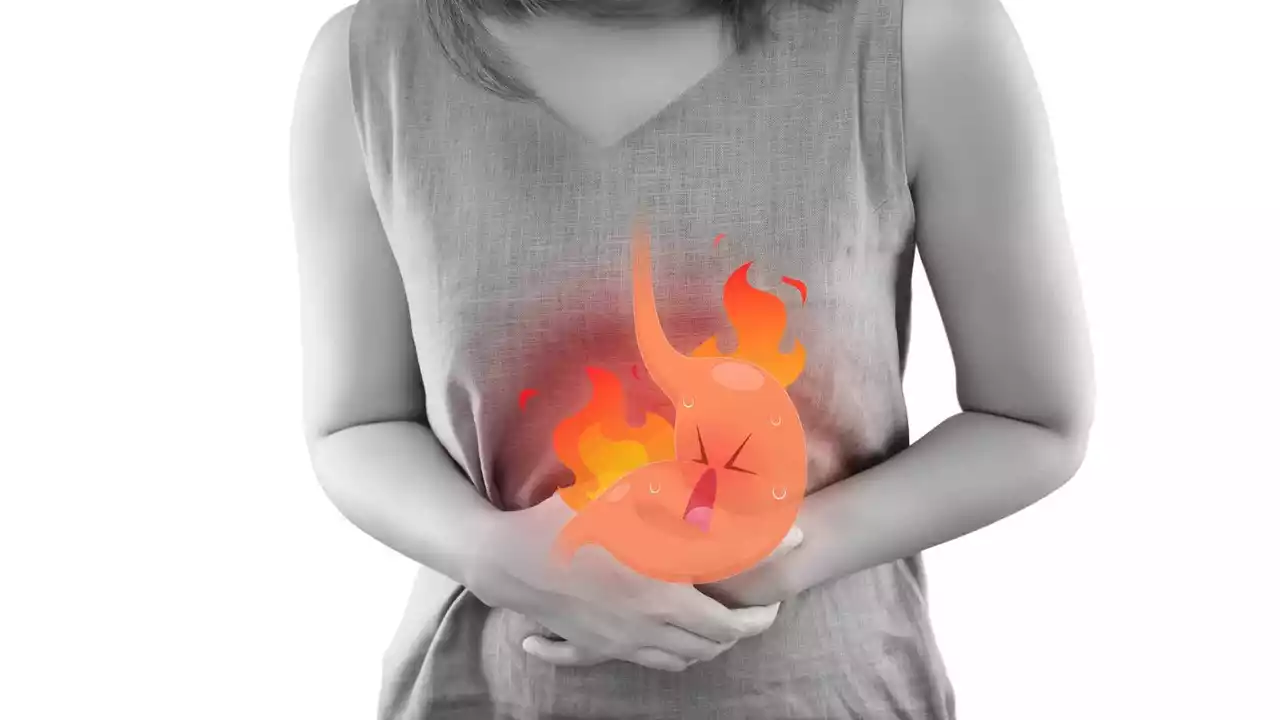Acid Reflux: Easy Ways to Stop the Burn
If you’ve ever felt a hot flash in your chest after a meal, you know how annoying acid reflux can be. It’s not just an occasional hiccup; it can mess with sleep, work, and even mood. The good news? Small changes at home often do more than pricey meds. Below we’ll break down what usually sparks the burn and give you quick fixes you can try right now.
What Triggers Acid Reflux?
Most people blame spicy food, but the reality is broader. Fatty meals sit heavy in the stomach and push acid upward. Carbonated drinks add pressure that forces the lower esophageal sphincter (LES) to open. Even stress can weaken the LES, letting juice splash up the throat. Eating too fast or lying down right after a big plate also raises the odds of a flare‑up.
Keep an eye on portion size. Overeating stretches the stomach and makes it harder for the LES to stay closed. If you notice certain foods—like chocolate, mint, citrus, or tomato sauce—making symptoms worse, try cutting them out for a week and see what happens. Tracking meals in a simple notebook can reveal patterns faster than guessing.
Quick Ways to Calm the Burn
When the burn hits, you don’t need to wait for a prescription. First, sit up straight or stand; gravity helps keep acid where it belongs. A glass of water can dilute stomach acid temporarily, but avoid chugging sugary drinks.
If you have antacids at home, use them as directed—they neutralize acid fast. For longer relief, consider over‑the‑counter H2 blockers or proton pump inhibitors, but talk to a pharmacist if you’re unsure about dosage.
Natural tricks work too. Chewing gum for 20 minutes after meals stimulates saliva, which washes acid away. A spoonful of honey or a banana can coat the lining and reduce irritation. Some people find that a warm cup of ginger tea settles the stomach without adding caffeine.
Finally, make bedtime a reflux‑friendly time. Wait at least three hours after eating before you hit the pillow, and raise the head of your bed a few inches with sturdy blocks or a wedge. This simple tilt keeps acid from sneaking up while you sleep.
Acid reflux doesn’t have to dominate your day. By spotting trigger foods, adjusting meal habits, and using quick‑acting home remedies, you can keep the burn under control. Keep experimenting with these tips, and you’ll soon find a routine that lets you enjoy meals without the constant worry of heartburn.
Hiccups and Heartburn: What's Really Connecting Them?
Ever wondered why hiccups and heartburn seem to show up together? This article unpacks the real connection—it’s not just random bad luck. You’ll learn why your hiccups sometimes tag along with a fiery chest and get tips on stopping both before they ruin your day. We’ll bust myths, spotlight triggers you probably haven’t noticed, and offer advice that actually works when you just want things to calm down. Say goodbye to suffering in silence.
The link between acid reflux and coughing
In my research, I've found a significant link between acid reflux and coughing. Acid reflux, or GERD, occurs when stomach acid flows back into the esophagus, causing discomfort and potentially leading to chronic coughing. This happens as the acid irritates the throat and airways, leading to persistent cough. It's important to note that this cough is often dry and typically increases after eating or when lying down. So, if you've been dealing with a nagging, unexplained cough, it may be worth checking in with your doctor about the possibility of acid reflux.


